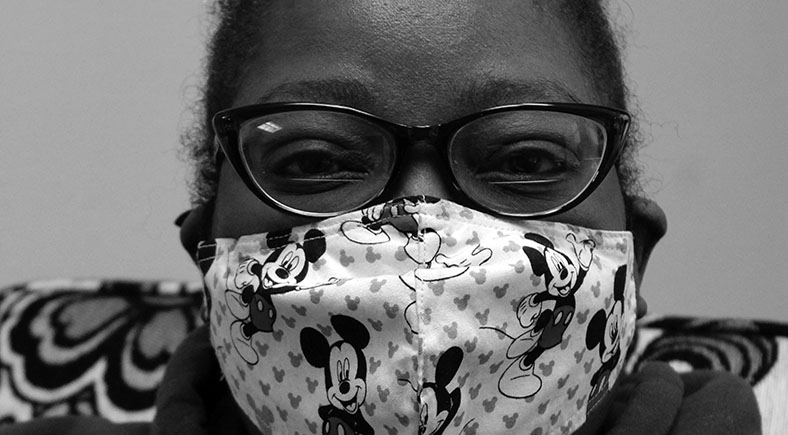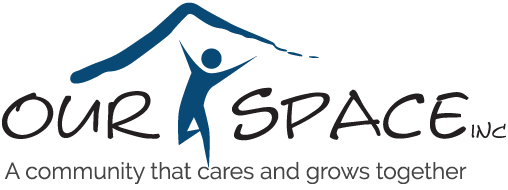
Alicia grew up in one of Chicago’s roughest neighborhoods. The Robert Taylor Homes was housing complex of 28 densely packed high-rise apartment buildings known for poverty, gang violence, and drugs. Her family of 10 shared a four-bedroom apartment in the development. Her parents took one room, her six brothers another, she and two sisters shared the third room, and her oldest sister occupied the last. She remembers a home bustling with commotion. “There was always a lot of activity and noise and not a lot of privacy.”
Remembering this chaotic climate brings with it a wave of mixed emotion for Alicia. “I don’t have happy memories of my childhood,” she recalls through tears. The thing Alicia remembers most is abuse—physical, sexual, and emotional. “My mother told me that she didn’t love me, my siblings threw rocks at me and picked on me a lot. It was not a happy time.”
But despite the unhappy memories, she was very close to her father. “He saw that I was different than the other kids and tried to protect me.“ Alicia felt different too. She knew she didn’t fit in, but she didn’t know why. “I didn’t know what was wrong with me, but I do remember crying a lot and going off by myself,” she recalls times of depression and even suicidal thoughts. “The funny thing was that I didn’t know what suicide was when I was growing up, but I did know that I didn’t want to live anymore. I didn’t know that depression existed either, I just knew I woke up every morning with an ache. I was sure that this wasn’t what life was supposed to be like, but I didn’t know how to change the way I was feeling.”
Despite what she didn’t know as a child, Alicia now understands that her feeling of isolation was one of the factors that played into the difficulties she had. “There was nobody to talk to about what I was going through. I think that is why so many kids struggle. Because they just want to know why they feel the way they do.”
As she got older, Alicia realized that she needed help. “I couldn’t make eye contact with people when I talked to them. A lot of the things I was dealing with started to add up and I knew it wasn’t normal. I realized that I wasn’t really an adult, I was still that injured child,” she reflects.
Alicia was formally diagnosed with borderline personality disorder, bipolar II disorder, PTSD, and fibromyalgia. “It all just started to make sense, it was a relief because then I could start to figure out how to live my life with mental illness,” she notes.
While it took several years to find the right medications and dosages, Alicia can now see the steady progress she has made. “I’ve come a long way from the injured teenager who didn’t know how to respond to adult interactions and conversations.”


Alicia comes to the Our Space drop-in center four days a week and believes that this program has played an integral part in helping her. “I love coming to Our Space. Everyone here is part of helping me be my best. They understand that I have mental health challenges and they give me the resources to get through the difficult days. I love all the unique activities they have for us and how they help us to see things in a new perspective. They support me and understand me and that makes me happy because I don’t have to struggle alone anymore.”
While she still has difficult days, Our Space helps her navigate the murky waters. “I still have days when I don’t want to get out of bed or shower, but those days are fewer now. I have a lot of help from Our Space. I have a great team that has been there for me.”
Her new outlook is a lot different than the injured girl she once was. Alicia has been able to bravely embrace the unique individual she is. “It took years before I could say I am beautiful and truly love myself, appreciate myself. But people tell me that the room lights up when I come in now.”
When considering what she hopes others will understand about mental health, Alicia simply wants recognition. “I want people to realize that mental health is a normal and important part of who we are. It is something that all people have as part of their make-up, but it’s not the whole person. We all need to take the time to care for ourselves in this way.”
How can you help Our Space? Your donations, no matter how big or small, help us to create a future of hope for people like Alicia. Consider partnering with us, and together we will Unmask the Face of Mental Health.
